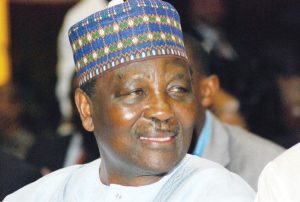Financial Times publication in a recent report has stated that President Bola Tinubu‘s economic reforms are not going as planned.
The publication in an editorial stated that although Tinubu started well by removing fuel subsidy and moving towards a market-driven exchange, events in the past four months show that more work has to be done.
The editorial reads, “In removing a costly fuel subsidy and in shifting towards a market-driven exchange rate, which has sharply weakened a previously overvalued currency, he has gone some way towards persuading investors he is serious about reform. But four months into his presidency, there are signs of things going awry.
“The removal of Godwin Emefiele, the previous governor, was overdue. But its manner, initially via a charge of firearms possession, was odd and smacked of political revenge. More substantively, the new exchange rate regime has yet to be properly explained.
On how the new CBN management can stabilize the financial system, the report said the new CBN leadership will most likely increase the interest rates to curb inflation.
“Markets consider Cardoso, a former Citibank Nigeria chair, to be a sound appointment. (The same cannot be said of all of Tinubu’s picks.) The incoming governor will probably need to raise rates at the next policy meeting to establish his inflation-busting credentials. Tinubu must restore institutional independence by leaving the bank to get on with its job. In other areas, the president needs to be more active – and more articulate.
“He should spell out his policies to a skeptical public. He should also refrain from announcing plans — including the restoration of democracy in Niger — without any real idea of how to implement them. Execution is key. Only four months into his presidency, what started out with a bang risks becoming a whimper. Tinubu needs to regain the momentum.”
The post Tinubu’s Economic Policies Not Living Up To Expectation – Financial Times appeared first on Naija News.






